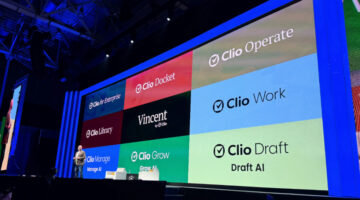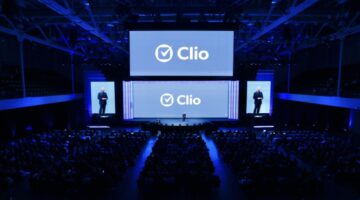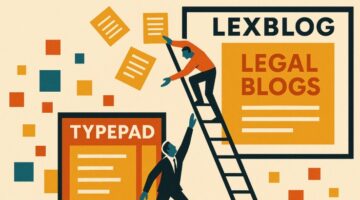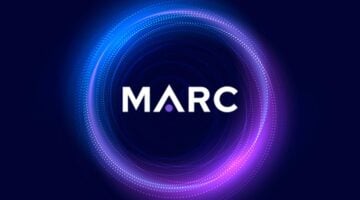
CLOC Restructures Board, Expanding To 16 Members And Adding Legal Tech Vendors For First Time
In a significant policy shift for the organization, CLOC is formally adding legal technology and service providers to its board for the first time.

In a significant policy shift for the organization, CLOC is formally adding legal technology and service providers to its board for the first time.

The announcement, made during the keynote address, highlighted Deep Dive’s ability to allow legal professionals to ask complex, natural language questions across entire document collections.

As of October 2025, U.S. Citizenship and Immigration Services requires electronic payments for filing fees. Learn key updates, exemptions, and how firms can prepare.

The platform uses AI to combine firm data with established pricing principles, enabling lawyers to scope engagements, model multiple pricing scenarios, and forecast profitability.

Across all questions, the AI systems scored within four percentage points of one another and an average of seven points above the lawyer baseline.

With a handy assist from ChatGPT, I present this table that provides a guide to all Clio’s new products and features.

It was a moment at which everything everyone had ever envisioned for legal tech seemed finally to be becoming tangible and real.

Those who’ve adopted legal-specific systems are seeing big benefits.

The effort has saved not just the content itself, but an important piece of the legal profession’s intellectual history.

Seavers discusses the 'future firm,' and why he believes leadership posture, operational systems, and client experience are the defining factors of firm success.

The Cross-Selling Intelligence Map creates a network diagram showing how thought leadership content flows among a firm’s attorneys across different offices and practice areas.

As the legal tech conference landscape becomes increasingly crowded, a counterintuitive trend is emerging: smaller, customer-focused conferences are also delivering value, but in a more targeted way.

This Pro Bono Week, get inspired to give back with PLI’s Pursuing Justice: The Pro Bono Files, a one-of-a-kind podcast hosted by Alicia Aiken.

The product tackles a core inefficiency in e-discovery workflows.

Their AI adoption rate is driven by the urgent need to serve millions of underserved Americans.

The Salt Lake City-based company is now one of the most well-capitalized players in the legal tech space.

The AI arbitrator will initially handle documents-only cases, a high-volume area where AAA sees efficiency and speed as particularly valuable.

This may be the first judicial decision to touch on whether lawyers have a duty to detect and report their opponents’ AI-generated fake citations.